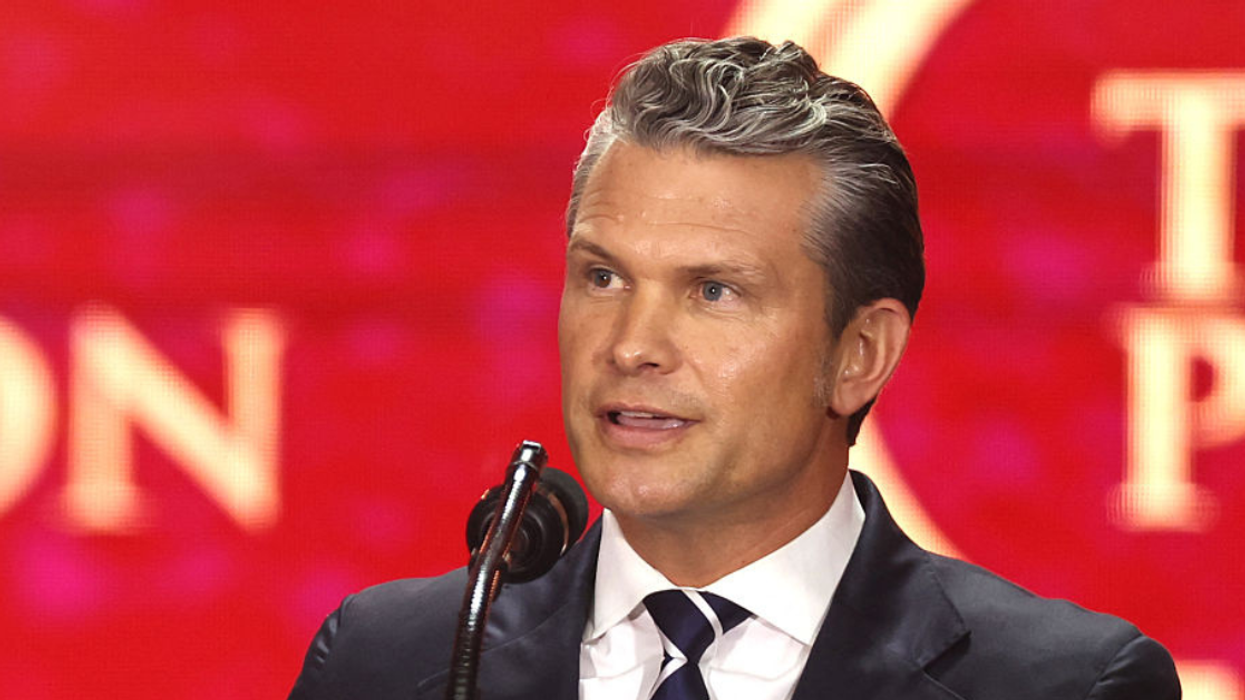After a two month jury trial, a D.C. jury convicted Oath Keepers founder, Stewart Rhodes, in one of the rarest of federal crimes charged—seditious conspiracy. It’s rare in part because it’s quite difficult to prove.
Seditious conspiracy is an “inchoate” crime, meaning something done in anticipation of a later crime.
Specifically, it involves an agreement by defendants to seek to overthrow or oppose the U.S. government by force. Prosecutors can level the charge even if, as here, the defendants did not ultimately succeed.
You don’t see a crime of such national significance charged very often. As the New York Times observed, the last successful prosecution was nearly 30 years ago, when a jury found Islamic militants guilty of plotting to bomb several landmarks in New York City.
Perhaps because it’s such a tricky case to make beyond a reasonable doubt, the verdict on Tuesday was not an across-the-board win for the Justice Department, though its core verdict was momentous.
Rather, the jury carefully parsed its decision.
They found one of Rhodes’s co-defendant also guilty of seditious conspiracy, while acquitting three others on that count and convicted them only of conspiracy to obstruct Congress and other lesser counts such as obstruction of justice.
Apart from the questions that normally follow a jury’s pronouncements (i.e. how long might Stewart and the others go to prison, could they successfully appeal), there are a set of takeaways that relate squarely to the gravity of this conviction, coming right as the January 6 Committee wraps up its work and just Special Counsel Jack Smith has taken over the prosecution’s investigation into Donald Trump, including his involvement in the insurrection at the Capitol.
Let’s review a few key ones.
The Verdict Can Alter the Rhetoric Around January 6
A few months after the attack on the Capitol, GOP politicians began dismissing January 6, claiming that it was more like a “normal tourist visit.”
In January of this year, on the anniversary of the insurrection, Republican Governor Ron DeSantis of Florida went before cameras to downplay it.
He sneered:
“It’s an insult to people when you say it was an insurrection, and then a year later, nobody has been charged with that.”
And in February, the Republican National Committee, in voting to censure Reps. Liz Cheney and Adam Kinzinger for their participation in the January 6 Committee, described the day and the events that led to it as “legitimate political discourse.”
This verdict changes all that.
According to a unanimous jury of twelve Americans, January 6 was a planned, armed insurrection that very nearly succeeded. There were stashes of weapons for “quick reaction forces” who were ready to go outside of D.C. the minute Trump supposedly would give the word.
The assailants on that day communicated with Rhodes by walkie-talkie and organized themselves into military style stacks that penetrated to the front of the crowds and were among the vanguards of the assault.
The January 6 Committee laid all this out in detail before the public, making the case for seditious conspiracy. But now there is a jury verdict carrying the force of law to back it up.
And that is no small matter.
Rhodes Was Convicted Even Though He Didn’t Go Inside the Capitol
Trump allies should view the seditious conspiracy verdict with alarm. After all, Rhodes himself did not directly attack the Capitol building; instead, he remained outside of it on the day of the insurrection, communicating with his co-defendants remotely and surveying the chaos like “a general surveying his troops on the battlefield,” said one prosecutor during the trial.
And yet, because Rhodes helped formulate the plan and took concrete steps to actualize it, he was tied to the conspiracy, and the jury accordingly found him guilty.
There are of course others who may have been part of the plan but who remained separate from the actual mayhem of the day. Anyone with ties to Rhodes, and with whom he was communicating his plans, remains a potential target of investigation or prosecution.
January 6 Was Stochastic Terrorism—But Maybe More
Rhodes undoubtedly planned an armed assault on the government with great detail and precision, even stashing weapons outside of D.C. as he awaited and begged Trump to invoke the Insurrection Act so his gang could come in as a “legitimate” militia and seize government buildings.
But his actions apparently were motivated by a fever swamp of conspiracies, disinformation, and right-wing bellicosity.
Rhodes believed, for example, that Joe Biden was an agent of the Chinese Communist Party and that, once elected, he was preparing to turn the country over to the United Nations.
He falsely believed Biden was in tight with antifa, and when he took the stand in his own defense, he told the jury he thought antifa activists planned to storm the White House, overpower the Secret Service, and forcibly drag then President Trump from the building if he refused to admit defeat to Biden.
Stewart was hoping Trump would ask “militias” like the Oath Keepers to come armed and to his aid.
Despite the somewhat unhinged beliefs shared by Rhodes and his followers, Trump and his allies, such as Roger Stone and Alex Jones, regularly employed Oath Keepers as personal bodyguards at political events.
It was precisely these kinds of dangerous individuals whom Trump intentionally summoned with his tweets about a “wild” time in D.C. and then unleashed upon the Capitol. Trump did this despite knowing they were armed.
After all, they couldn’t even get past the metal detectors at the rally at the Ellipse.
This is a form of stochastic terrorism, that is, the incitement of random actors to carry out violent or terrorist acts that are statistically predictable but individually unpredictable. The problem in prosecuting such cases is that causality is hopelessly muddled, and often quite intentionally.
Sadly, the kookier the conspiracy, the less likely it is that someone very high up was actually a part of that conspiracy, even as the unbalanced ones who believe it are statistically more likely to commit violence or terrorism.
A more probable scenario is that Trump or his top aides knew about the crazy plot and either did nothing to put a stop to it or, importantly, in some way aided and abetted it.
Here it’s important to remember that people who aid and abet a crime—that is, assist someone in committing or encourage someone to commit a crime—are criminally liable to the same extent as the person committing the crime.
There Are Strong, Disturbing Ties Between Rhodes and Key Trump Allies
As former federal prosecutor Joyce Vance noted:
“The result today gives DoJ a little bit of momentum, a little bit of wind in its sails, because it is clear that Stewart Rhodes is not the most culpable participant in the events on January 6."
"There were people who were more accountable, people who had greater intent to interfere with the transfer of power.”
Who are some of those people with “greater intent”?
We can look first at Trump’s close allies. It was well known before the trial that Rhodes and other Oath Keepers served as personal bodyguards for key Trumpworld figures such as Roger Stone and Ali Alexander, who together organized the “Stop the Steal” rallies that helped spread the Big Lie about a stolen election and helped radicalize many into action.
During the trial itself, prosecutors notably drew the Stone/Rhodes connection over and over, as if Stone were an unindicted co-conspirator. Court watchers took note.
Even more damning is Rhodes’ presence on a “Friends of Stone” encrypted chat group that was set up to plot the strategy post-election.
Right after the networks declared Biden the winner of the election on Nov. 7, 2020, Rhodes wrote Stone in that group, which also included indicted Proud Boy leader Enrique Tarrio:
“What’s the plan? We need to roll ASAP."
Notably, Rhodes also included a proposal inspired by a Serbian academic’s call for Americans to fill the streets and storm Congress. The “parallels” between this plan and “what these defendants actually tried to accomplish is stunning,” a prosecutor told the jury in October.
What if anything Stone did with that plan and who else he may have told about it remains unclear. Stone remains under scrutiny by the Justice Department for his possible role in the insurrection, perhaps even as a go between for the armed militias and the Trump White House.
Now that there is a very serious conviction in hand, prosecutors may have added leverage.
For example, they have the ability to argue for aggravating factors that could seriously increase the length of any sentence for Rhodes.
It will be interesting to see whether Rhodes is more interested now in cooperating with investigators as they work their way up the accountability ladder.

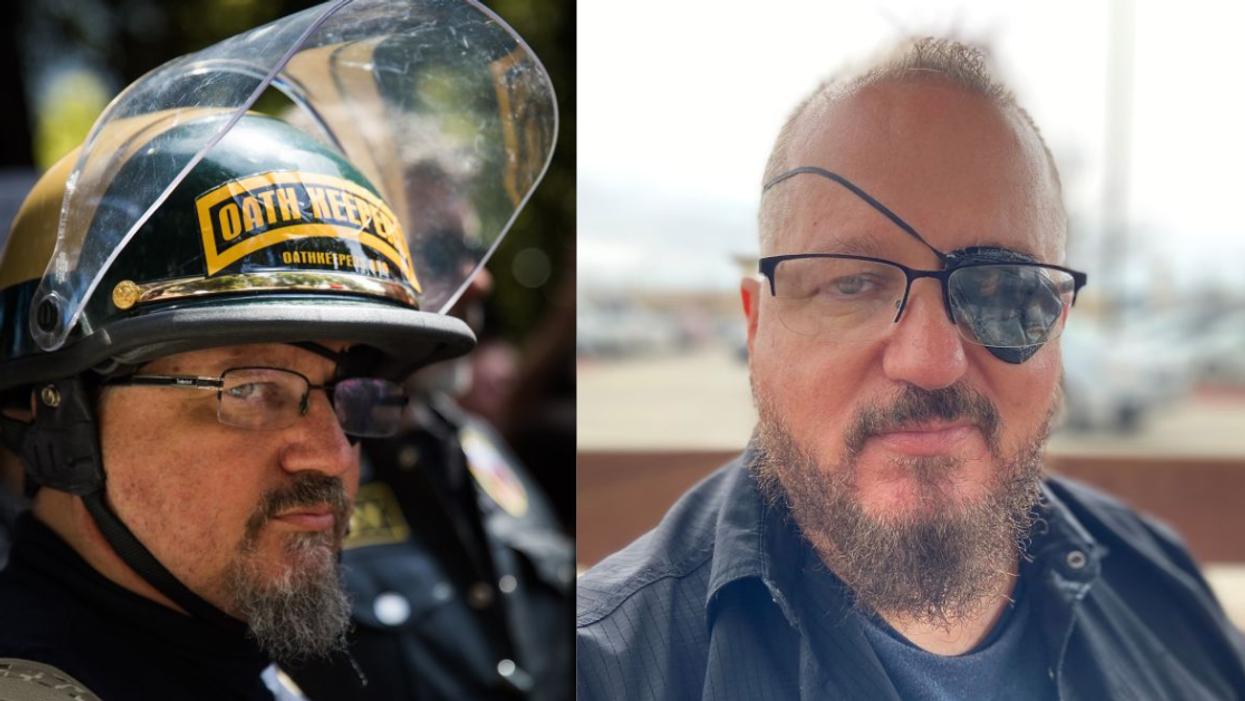

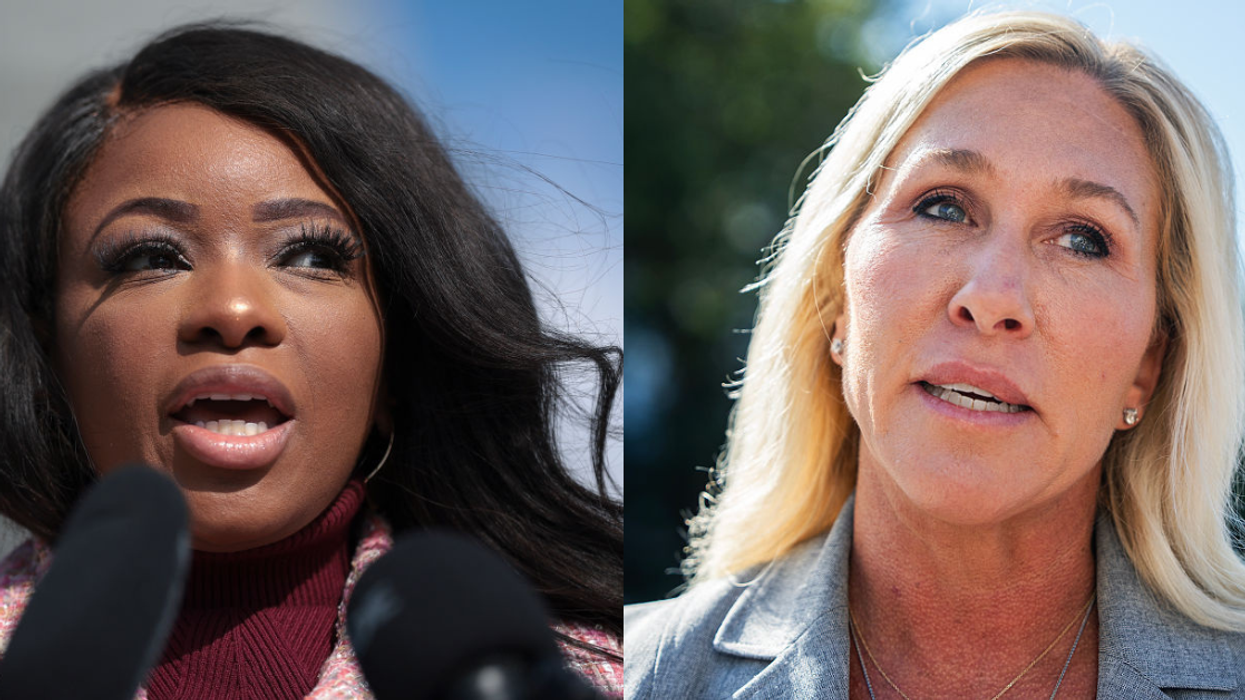



 @GovPressOffice/X
@GovPressOffice/X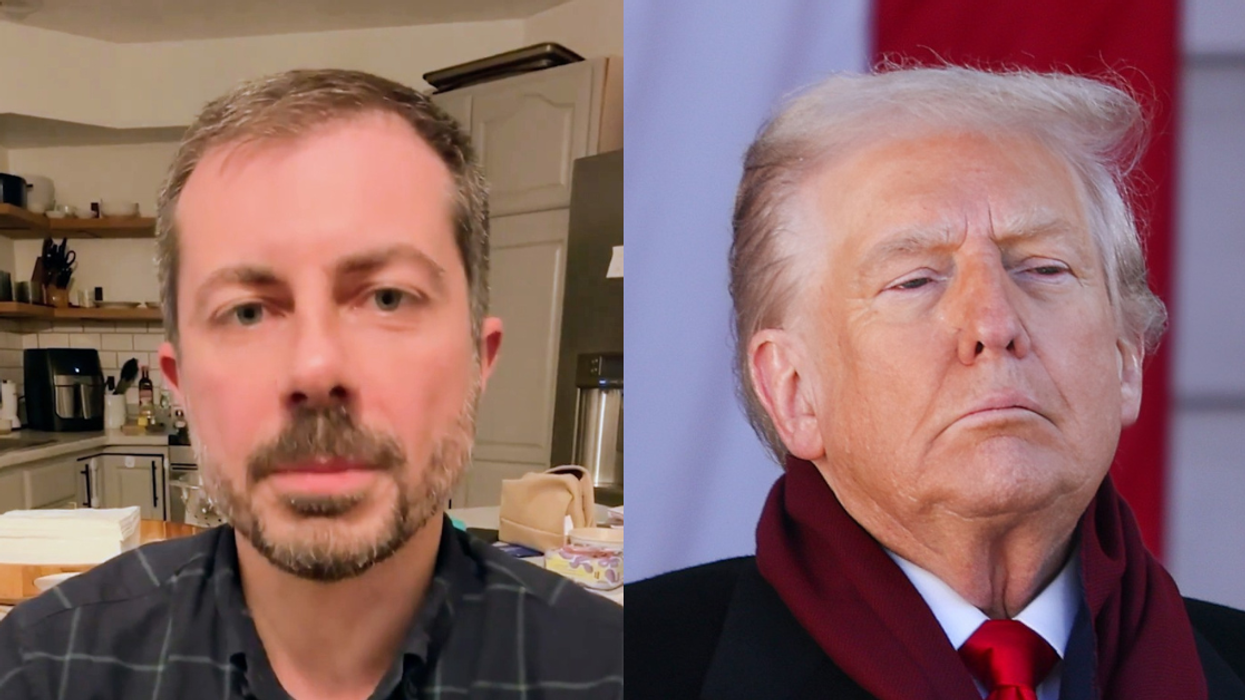
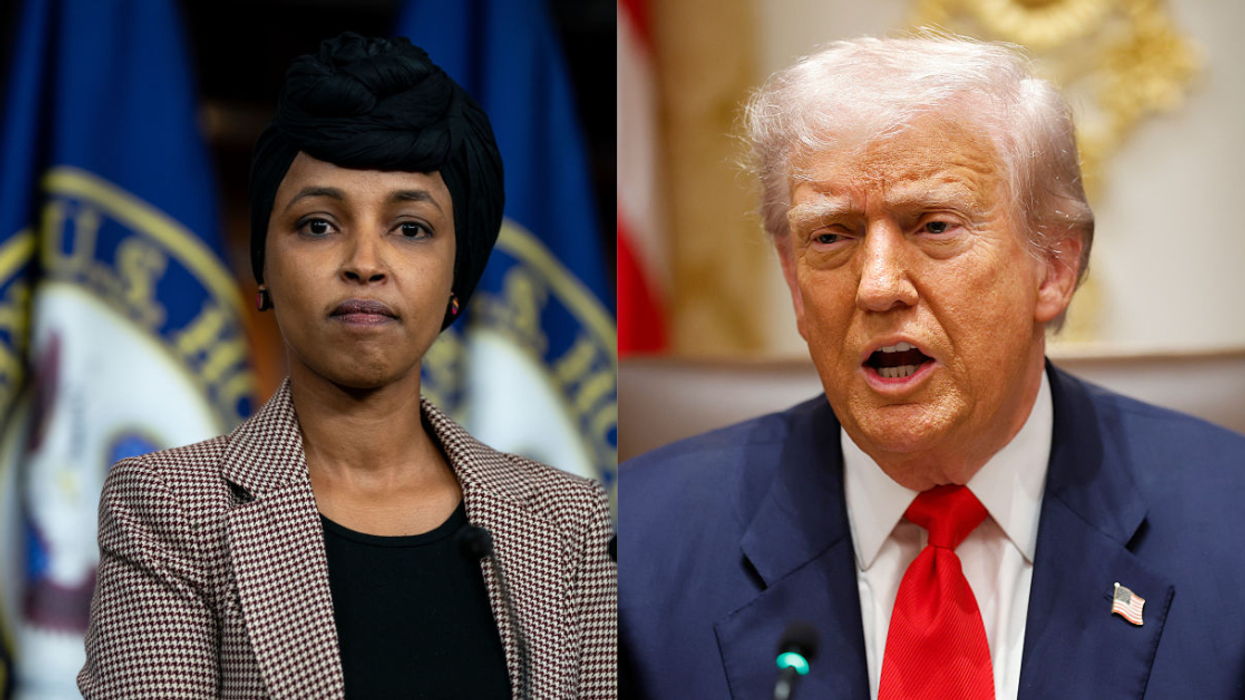

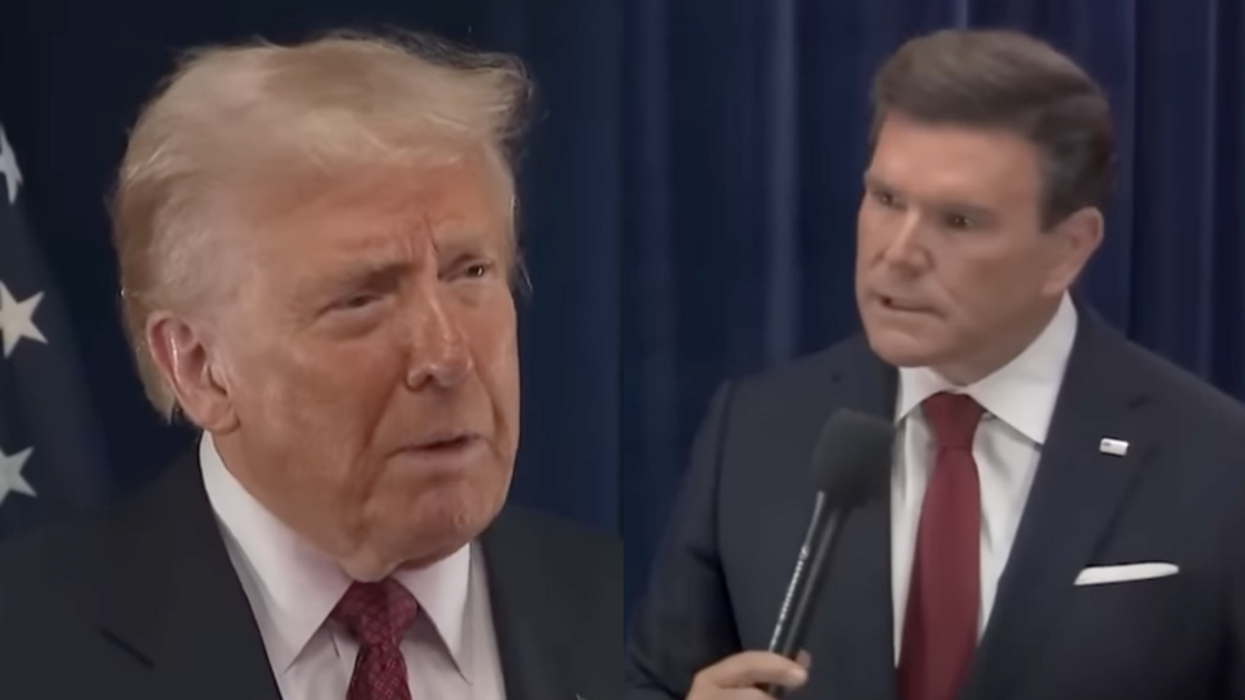

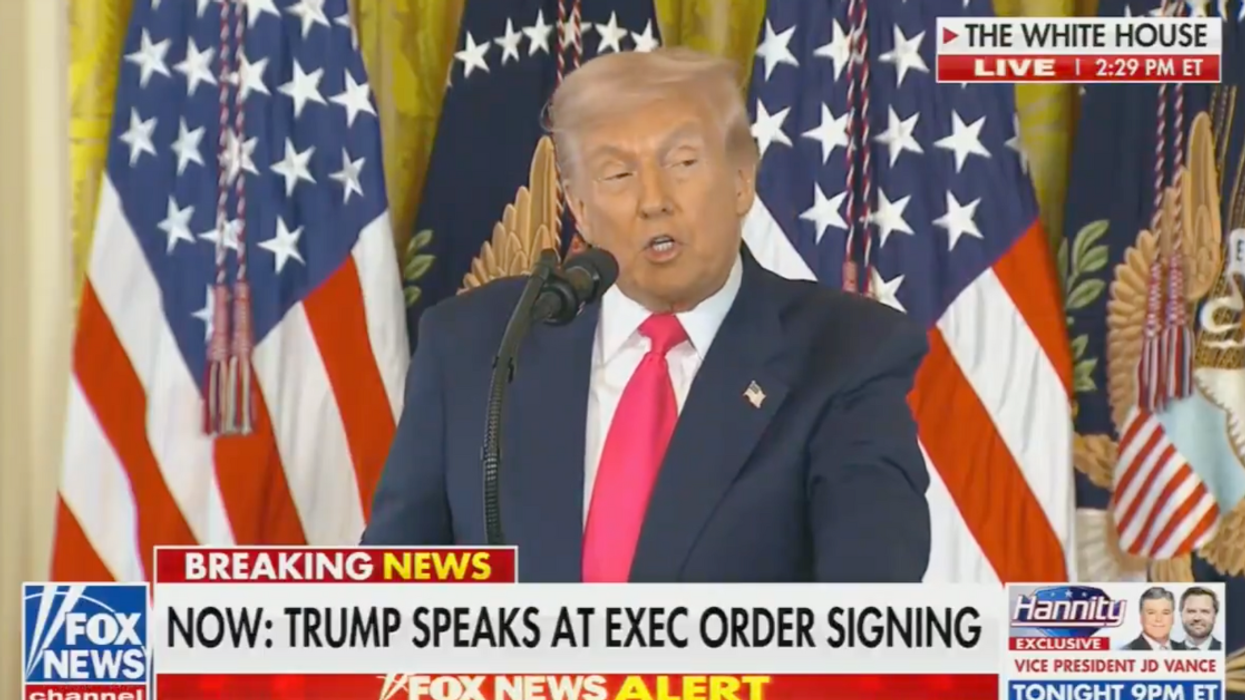
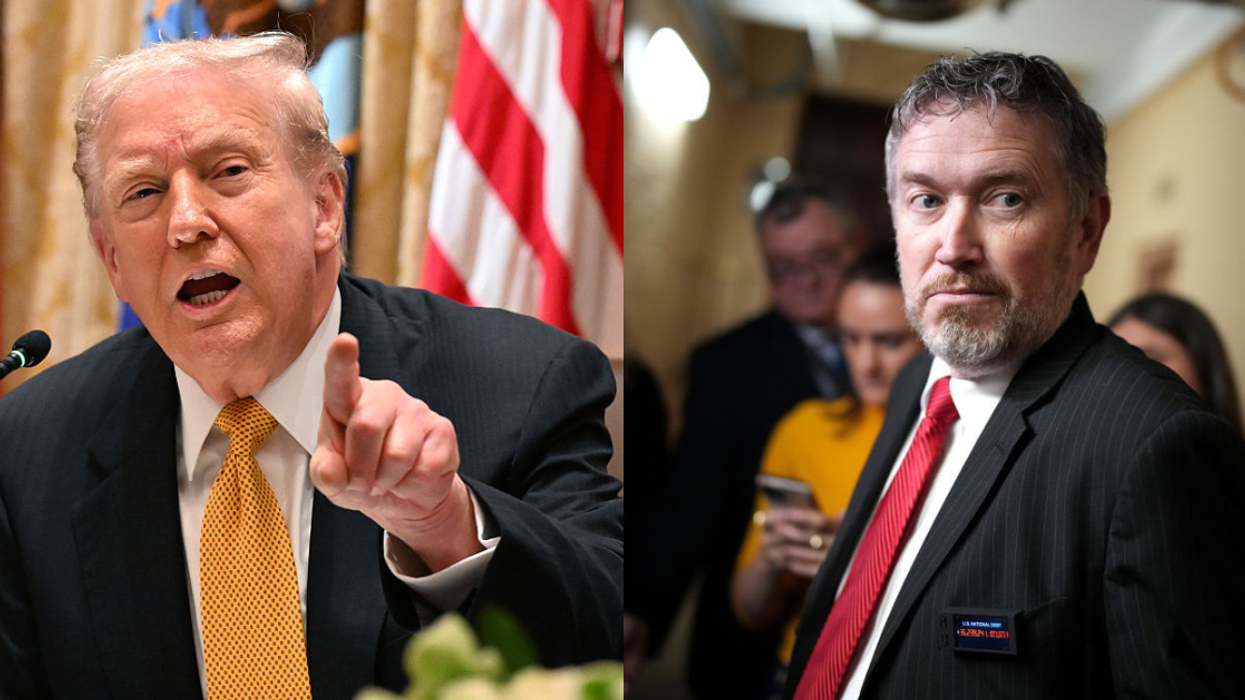
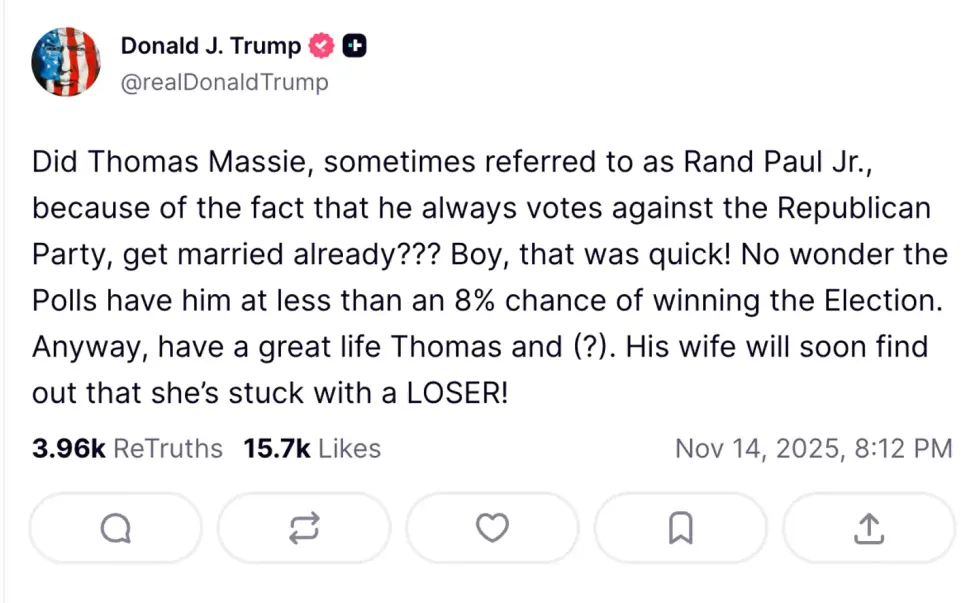 @realDonaldTrump/Truth Social
@realDonaldTrump/Truth Social